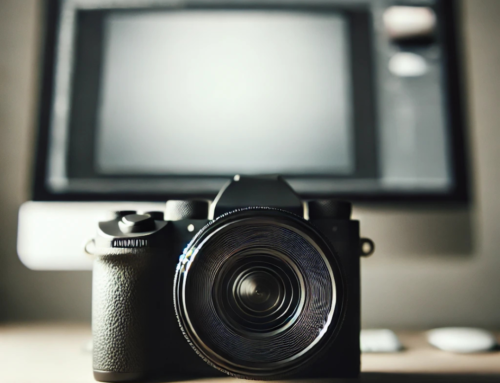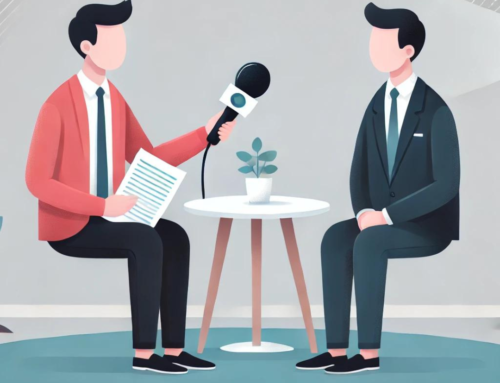Insights from Top Journalists
A few months ago, at the American Association of Political Consultants (AAPC) conference, I attended a panel discussion featuring some of California’s top political journalists. Although the panel was titled “Outlook for November,” several meaningful insights emerged during the question-and-answer session as the discussion addressed the consequences of avoiding the media.
In the fast-paced world of politics, where every move is scrutinized and every statement analyzed, elected officials often find themselves under a spotlight they didn’t anticipate. As public figures, you are answerable not only to your constituents but also to the broader public through the media. Despite this reality, one of the biggest mistakes politicians continue to make is avoiding the press—especially during critical moments.
Here are some key lessons from that panel discussion, supplemented by my observations and suggestions based on years of experience working with the media.
Lessons from the Conversation
Lesson 1: Avoiding Reporters Leads to Incomplete Stories
When you fail to engage with reporters, you make it difficult for them to cover stories accurately. Journalists rely on your input to provide a balanced and comprehensive account.
One journalist mentioned, ‘It’s frustrating because when politicians avoid the media, it forces us into a position where we have to chase them down hallways or catch them as they step into an elevator. This often leads to the perception that we are hounding them when it’s the only way we can get their side of the story.’
Lesson 2: Refusal to Engage Limits Balanced Coverage
When officials refuse to engage, reporters are left with one-sided narratives, ultimately serving no one well.
Another panelist said, ‘If all we have are statements and press releases, it becomes much harder to convey the nuance of an issue. We need that dialogue to ensure that the public gets a complete picture. Without it, we’re left with one-sided narratives, and that’s not fair to anyone involved.’
Lesson 3: Public Accountability Comes with the Ballot
As an elected official, having your name on the ballot means you accepted the responsibility of being a public figure. This means you must be answerable not just to your voters but to the public at large.
While a press release or carefully crafted statement might seem like the safest route, there is no substitute for direct engagement with the media.
Lesson 4: Don’t Let a Crisis Be Your First Media Engagement
Engaging with the media for the first time during a crisis is a huge mistake. If your initial interaction with the press is when you’re already in trouble or dealing with a complicated policy issue, you’ve lost control of the narrative before it even begins.
A journalist noted, ‘If the first time you talk to the press is when you’re in trouble, you’ve already lost control of the narrative. The media is there to inform the public, and if you haven’t built a relationship with them, you’re leaving it up to others to tell your story.’
Lesson 5: Avoidance Makes You Look Evasive
Avoiding the media doesn’t just frustrate journalists; it puts you in a more vulnerable position. The image of a reporter chasing you down a hallway or catching you off-guard as you step into an elevator is often the result of your refusal to engage. Rather than appearing composed and in control, you come across as evasive, which only fuels negative perceptions.
Engaging with the media regularly—outside of crises—helps build a rapport. It allows you to present your side of the story proactively rather than reactively.
‘When officials consistently avoid the press, it sends a message that they have something to hide. This only makes reporters more determined to get the story, and it rarely ends well for the person being pursued.’
Media Training: An Investment in Your Future
For many elected officials, the idea of facing the media can be daunting. However, this is where media training becomes invaluable.
Numerous media specialists offer training for candidates, elected officials, and their staff. These professionals can help you build the skills to handle media interactions confidently and effectively.
Media training is a worthwhile investment whether you’re a seasoned politician or new to the public arena. It teaches you to stay on message, handle difficult questions, and communicate clearly and effectively.
One panelist emphasized, ‘The media is not the enemy. When politicians are well-prepared and open to dialogue, it makes the reporter’s job easier and helps ensure that the public receives accurate, balanced information.’
In today’s media environment, where stories can spread rapidly across social media and other platforms, avoiding the press is not a viable strategy.
Don’t wait until you’re backed into a corner to talk to the press. Instead, take control of the narrative by engaging with the media regularly, openly, and honestly. This approach will benefit the public, the media, and, most importantly, your reputation.
***
Read: “How To Handle Media Interview With Confidence”
[https://amplify360inc.com/2024/07/handling-media-interviews-with-confidence/](https://amplify360inc.com/2024/07/handling-media-interviews-with-confidence/).





